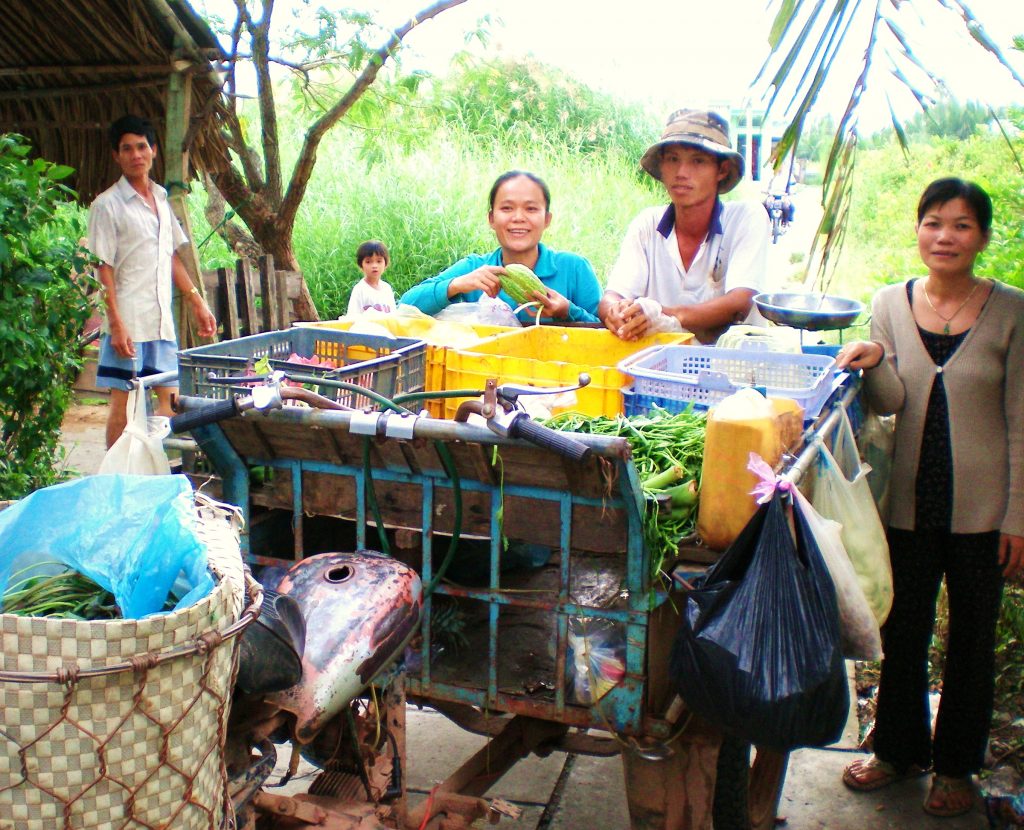
The Bill and Melinda Gates Foundation awarded DIG an USD 8.5 million contract to implement a three-year global learning initiative. Urbis strengthened the capacity of community organizations to increase their influence over the decision-making and planning processes that affect the lives of the urban poor. The focus of the Urbis program included slum improvement, provision of basic services (water and sanitation), land tenure regularization, and financing for the urban poor, with advocacy as a cross-cutting theme. The program’s learning agenda was designed to help practitioners in the field of urban poverty alleviation understand how to amplify the voice of the poor to improve poverty reduction strategies. DIG selected eight cities (Sao Paulo, Brazil; Phnom Penh, Cambodia; Casablanca, Morocco; Dhaka, Bangladesh; Abidjan, Cote d’Ivoire; Luanda, Angola; Durban, South Africa; and Mombasa, Kenya), based on the needs of the poor and opportunities to reduce urban poverty. In Abidjan, for example, DIG worked with a pro-poor network to increase slum dweller access to potable water and influence over a water subsidy. In all of the cities, DIG developed and applied methodologies that supported the capacity and strategic growth of non-governmental organizations (NGOs) serving the urban poor. Capacity building efforts included training, technical assistance, study tours, publications, toolkits, and a community of practice website (www.urbisnetwork.com).
The Urbis program partnered with organizations managed by slum dwellers, NGOs, MFIs, private firms and government agencies. These partners were all focused on successfully improving the lives of the urban poor and were just a step away from unlocking new opportunities for themselves and for the populations they serve. By the end of the program, the Urbis team conducted 677 training events and provided 5,053 days of technical assistance to 19,847 individuals, enabling 547 organizations to grow and represent and/or serve the urban poor more effectively.
Related Projects
- Accountable Democratic Action (ADA) through Social Cohesion
- Dakar Municipal Finance Program
- ECAP I & II – Emergency Capacity Assistance Program
- Emergency Community Assistance and Planning (ECAP) for Shelter and Settlement in Post-Earthquake Haiti
- Global Program for Inclusive Municipal Governance (GPIMG)
- Housing Finance for the Poor (HFP)
- Kenya Integrated Water, Sanitation, and Hygiene Project (KIWASH)
- Liberia Collaborative Support for Health Systems Strengthening
- Liberia Municipal Water Project (LMWP)
- Market Assessment of Fecal Sludge Providers in Douala, Cameroon
- Municipal Waste Recycling Program (MWRP)
- Southern Agriculture and Business Recovery (SABR)
- Strategic Support for Water, Sanitation, and Hygiene Investments in Ethiopia
- Sustainable Water and Sanitation in Africa (SUWASA)
- Urban Advisory Program
- Urbis – Urban Capacity Learning Laboratory
- WASH Coordination Project (WCP)
